Tonight, Emma Barnett will host a very special edition of Question Time focusing on under 30s. The purpose? To answer the questions of an often over-looked age group who may indeed be voting for the first time.
According to Barnett, it’s a necessity in a campaign trail that has seen under 30s grouped together in ways that don’t make sense. ‘Younger people are often lumped into a category of “they just care about green issues and tuition fees”’ she tells Grazia. ‘There’s a lot of stereotypes, but actually the age group of 18 to 30 obviously takes people in from their mid-20s to the end of their 20s, that’s a very different stage in your life.
‘That’s often when people are getting married or at least settle down with someone,’ she continues. ‘Statistically it is. People, especially outside of London, may have children at that point.’
Essentially, given that this generation will be, as Barnett says, ‘living with whatever is decided in this election for the longest’, it’s necessary that politicians understand the range of issues young people care about rather than focusing on the few we have seen brought up time and time again.
This election in particular, Barnett says, young people have heard very little about issues at the core of their lives. ‘There’s a lot of focus on extremes, on the super wealthy and the super struggling,’ she says. ‘And it should be, of course, because if politics isn’t there to serve those at their most vulnerable, who is it there to serve? But this campaign has been a lot about those extremes…what about those people that just want to get a really good job, earn a decent wage and buy a house like their mum and dad did?’
For those people, Barnett says, we need to hear more about issues like wages, savings and the housing market. Those are the issues the average 18-30 year old is likely to care deeply about, the things that impact their day-to-day life, and yet we haven’t seen them prioritised on the campaign trail – nor have we seen issues that primarily impact women discussed anywhere near enough, like domestic abuse and the gender pay gap.
And so, with politicians from seven different parties – which politician will represent which party is yet to be announced – answering questions from the largely millennial audience, it’s set to be an intriguing insight into what under 30s truly want from their politicians. It’s also the first time Question Time will be taking questions from social media.
‘Normally, it’s just people in the room but we are going to do a quick-fire bit in the middle where we are going to field questions from people who have used the hashtag #BBCQT,’ Barnett says.
Question Time was the second-most tweeted-about series last year behind Love Island.
It makes sense given the way the campaign trail has quickly moved online. In fact, Barnett says that during a recent BBC Five Live show about how listeners experienced the campaign trail, she was struck by how few people got in touch with stories of doorstep knocking.
‘What used to be the doorstep is digital,’ she says, ‘the budgets are being saved apparently for the last week of the campaign when politicians are making the final push and it’s all online. Even from the broadcast interviews, they then get cut up by the parties and put on social media, never mind by producers.’
Our timelines are increasingly flooded with unverified news, joke memes and out-of-context soundbites. Question Time certainly keeps up with the digital noise, however: in fact, according to Kantar Media's Social TV Ratings, Question Time was the second-most tweeted-about series last year behind Love Island – with around 2.5million tweets and 17 million impressions.
BBC’s Question Time: Under 30s Special airs tonight at 8.30pm on BBC One.
Read More: Inspiring female MPs and their biggest accomplishments...
Inspiring Female MPs - Grazia (slider)
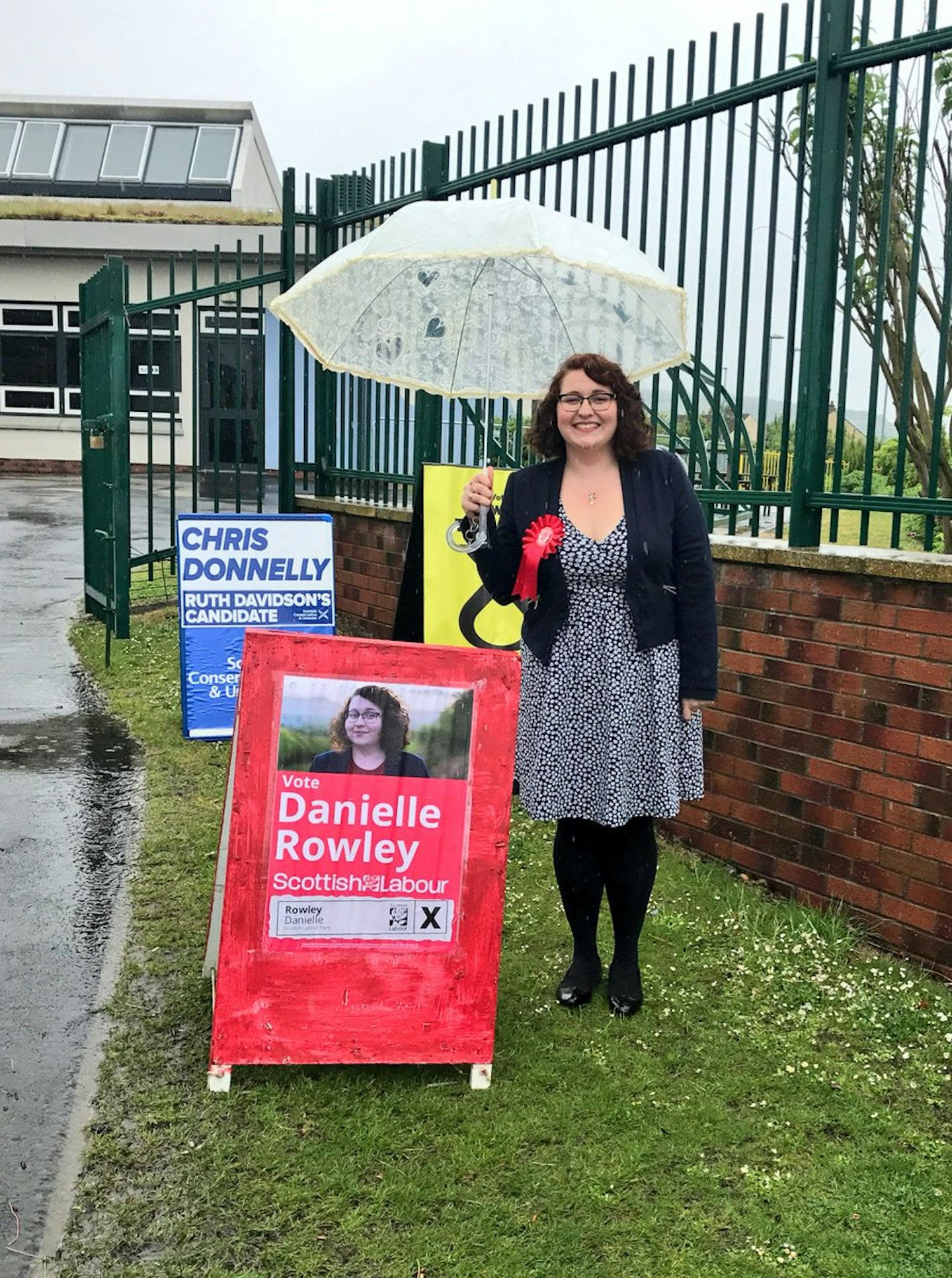 1 of 10
1 of 10Danielle Rowley, 28, Midlothian Scottish Labour MP
Speaking about her groundbreaking announcement, Danielle perfectly highlighted just how ridiculous it is that it's even a taboo to mention your period. She said on Twitter:'A lot of unexpected coverage of me talking about my period - which is great, but also highlights the need to talk about periods more openly.A woman mentioning her period shouldn't be such huge news - let's use this opportunity and work together to get to a place where it's not!'
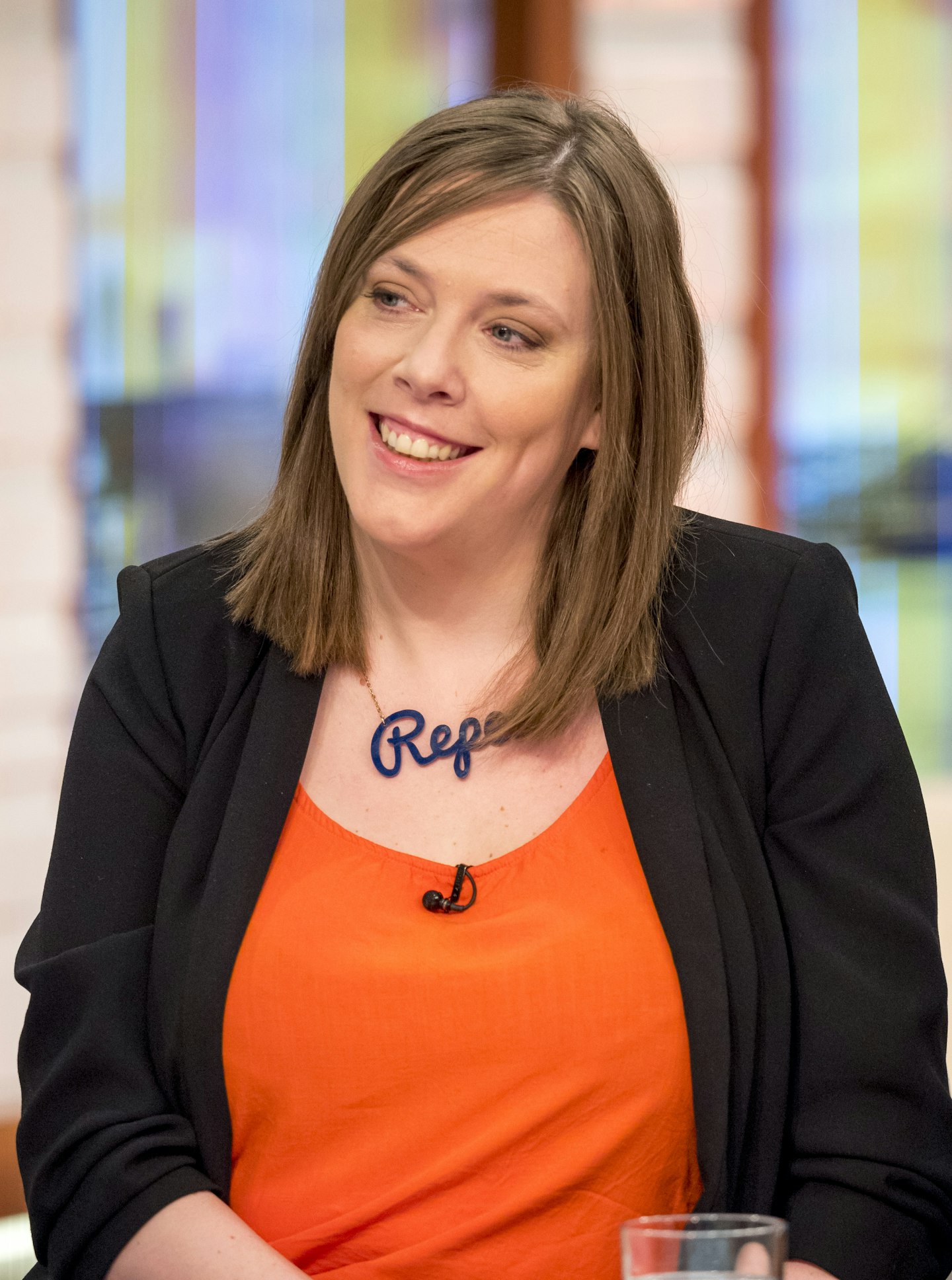 2 of 10
2 of 10Jess Phillips, 36, Birmingham Yardley Labour MP
Jess brought social media trolls to account when she called for those who post abusive messages online to lose their anonymity. The MP told parliament that she once received 600 rape threats in one night and is threatened with violence and aggression every single day online. The online community is so hostile towards women that Amnesty International have led a campaign calling for Twitter to take greater responsibility for preventing online abuse. Jess told the House of Commons that people should have to disclose their real identity to social media platforms, with hope that it would not only deter people from abusing women online but also enable us to hold them to account.
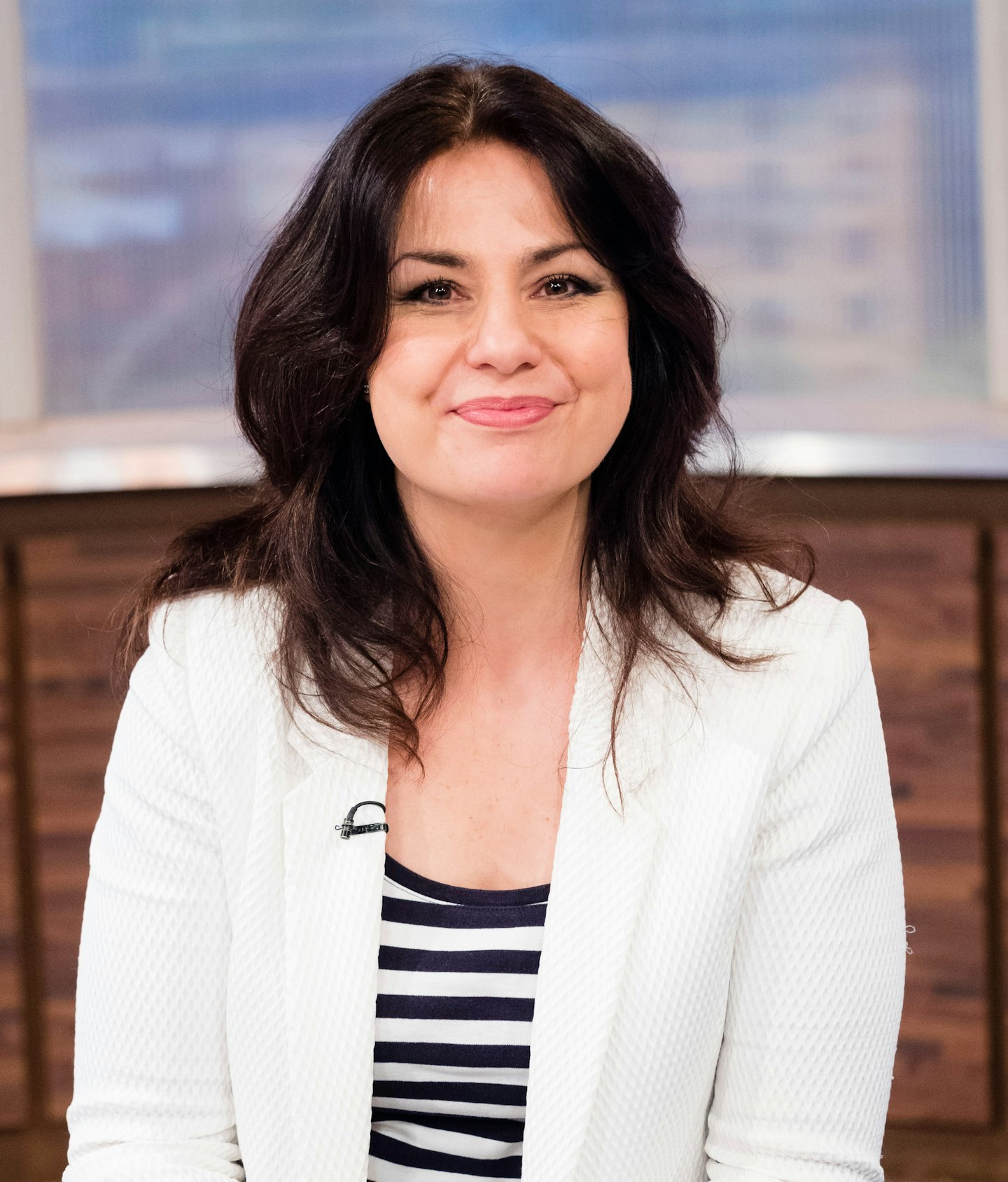 3 of 10
3 of 10Heidi Allen, 43, South Cambridgeshire Conservative MP
Heidi, alongside Jess Phillips, shared an emotional account of her own abortion with parliament earlier this month. In an attempt to reform Northern Ireland's abortion laws, she told the Cambridge independent that she felt she needed to share her story:'I had intended to say it because I had a feeling nobody else would.'I thought it probably needed saying.'I suppose it is very easy to make issues like that just about procedure and legislation and words and policy but, actually, it is about people's lives.'Jess Phillips too opened up about her own abortion, also sharing harrowing stories from women in Northern Ireland who had terminated pregnancies.
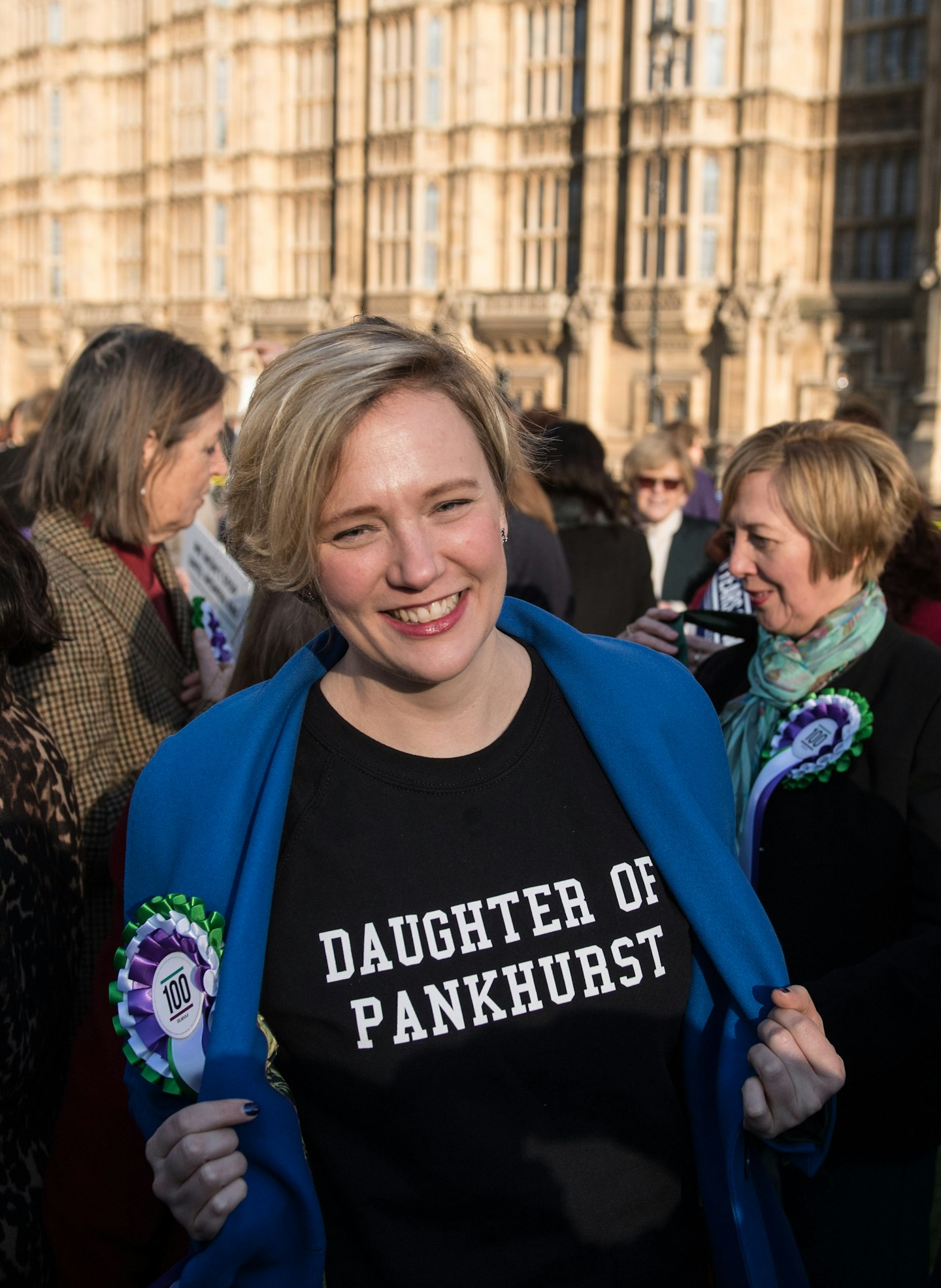 4 of 10
4 of 10Stella Creasy, 41, Walthamstow Labour MP
The original lead of cross-party calls for Northern Ireland's abortion laws to be brought in line with the rest of the UK's, Stella received tons of hate mail over her campaign to protect women's right to choose. It was in her call for debate over abortion that Heidi Allen and Jess Philips were able to talk about their own terminations.
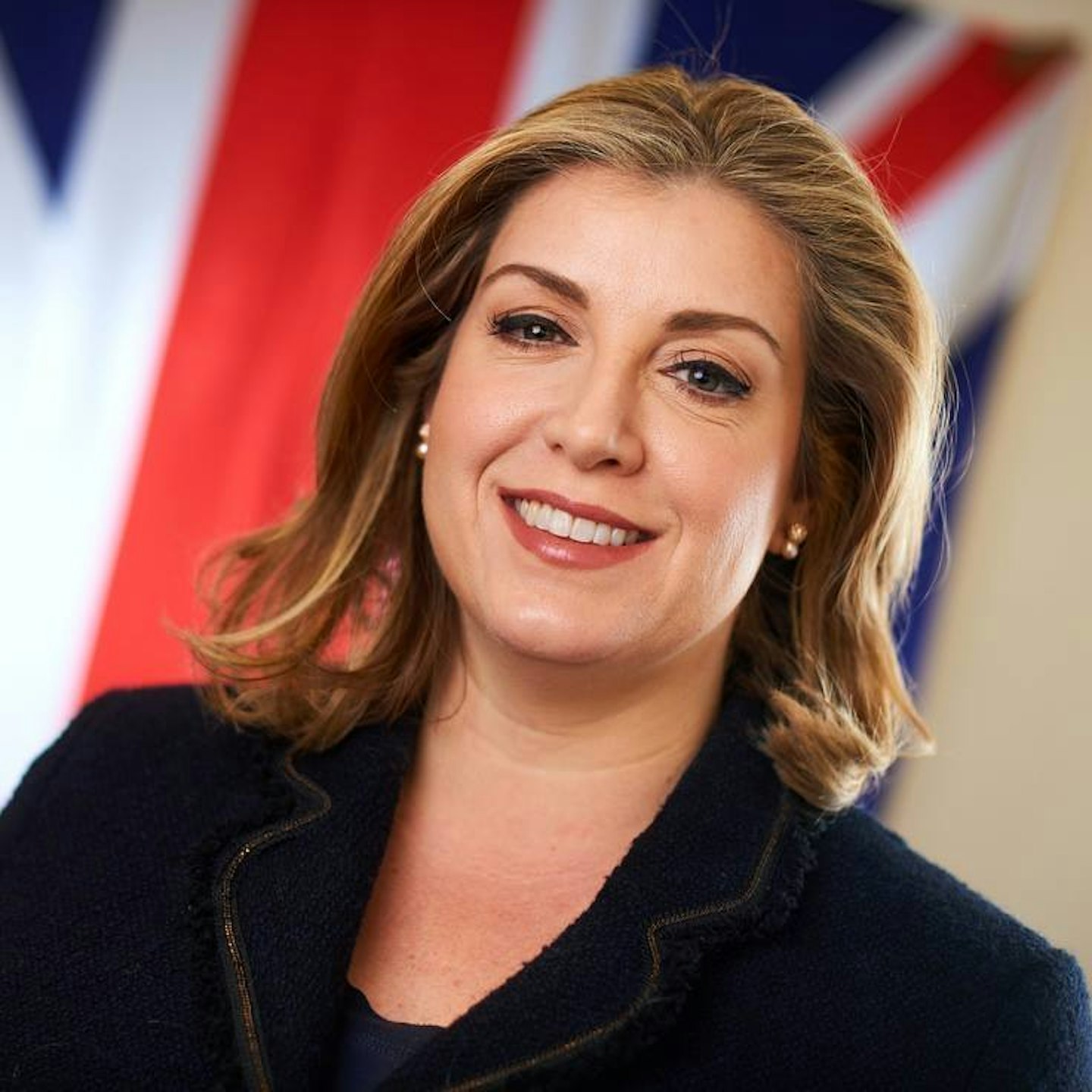 5 of 10
5 of 10Penny Mourdant, 45, Portsmouth North Conservative MP
The Minister for Women and Equalities, Penny Mourdant launched the National Action Plan on Women, Peace and Securitywhich calls for more women to be at the centre of the DFID's peace, security and humanitarian programmes. As secretary of state for international development, she has attempted to reform the aid sector by creating an independent safeguarding unit that prevents exploitation. This comes in the wake of a series of sex scandals against leading charities earlier this year.
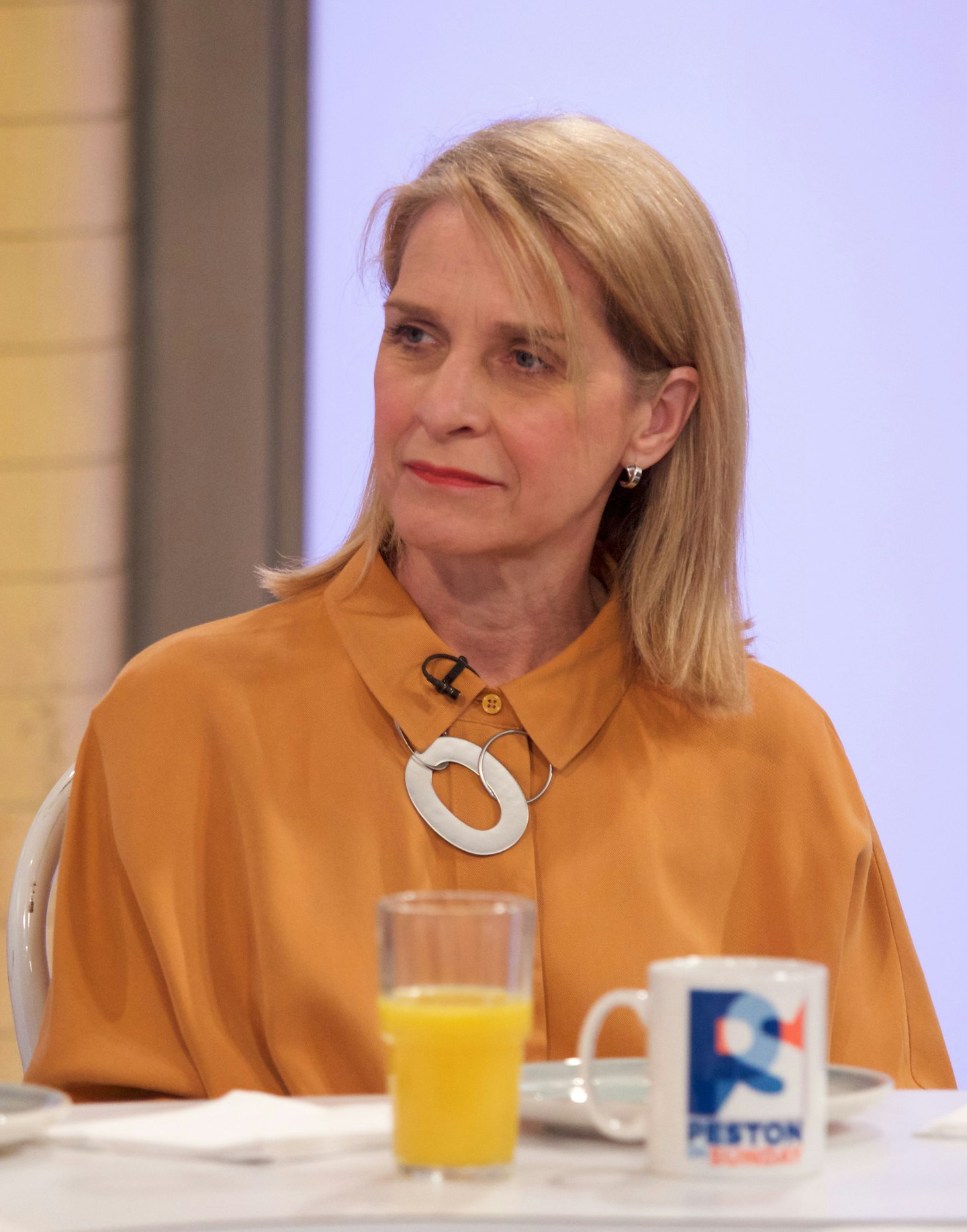 6 of 10
6 of 10Wera Hobhouse, 58, Bath Liberal Democrat MP
Wera Hobhouse brought Gina Martin's upskirting campaign to parliament as a private members bill set to outlaw the vile crime. While the bill was subsequently blocked by two male MPs, a third reading of the bill is set to continue on the 6th of July with Gina stating 'the Government Bill will become law as it'll get through the later stages more quickly and won't be objected to.'
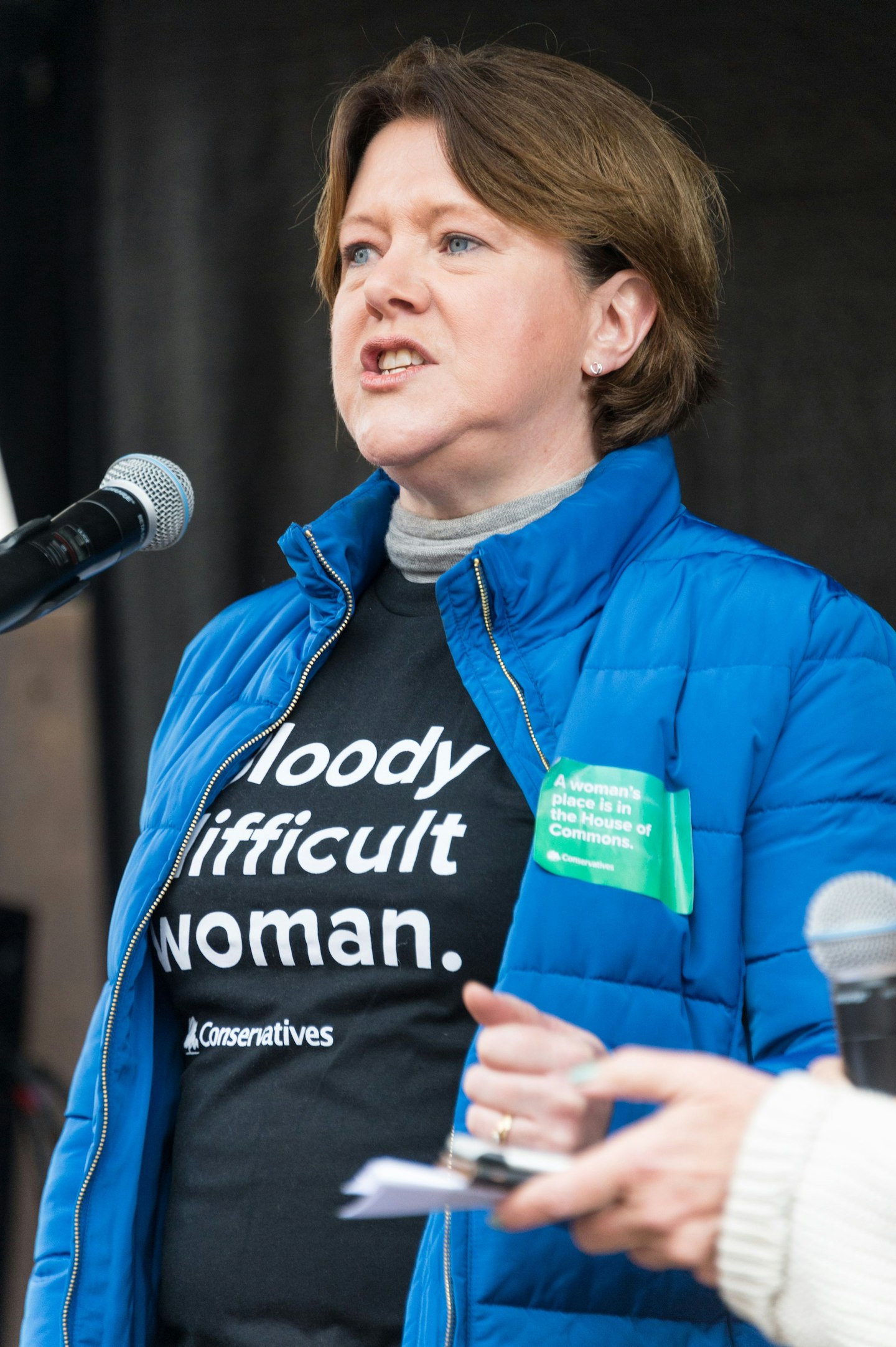 7 of 10
7 of 10Maria Miller, 54, Basingstoke Conservative MP
It was off the back of the upskirting bill that Maria Miller and Jess Phillips have met with Wera Hobhouse in an attempt to include a revenge porn amendment. It would ensure there was a blanket ban on voyeuristic images regardless of the intention in taking it, as the MPs feared people would attempt to bend the wording of the upskirting law to avoid conviction by arguing they took the image with no intention of causing distress. They also wanted to introduce an amendment that would ban false pornographic images, in which faces are photoshopped onto explicit images. However, they were told it was impossible to introduce further amendments. This comes after Love Island stars Zara McDermott and Laura Anderson became victims of revenge porn this week.
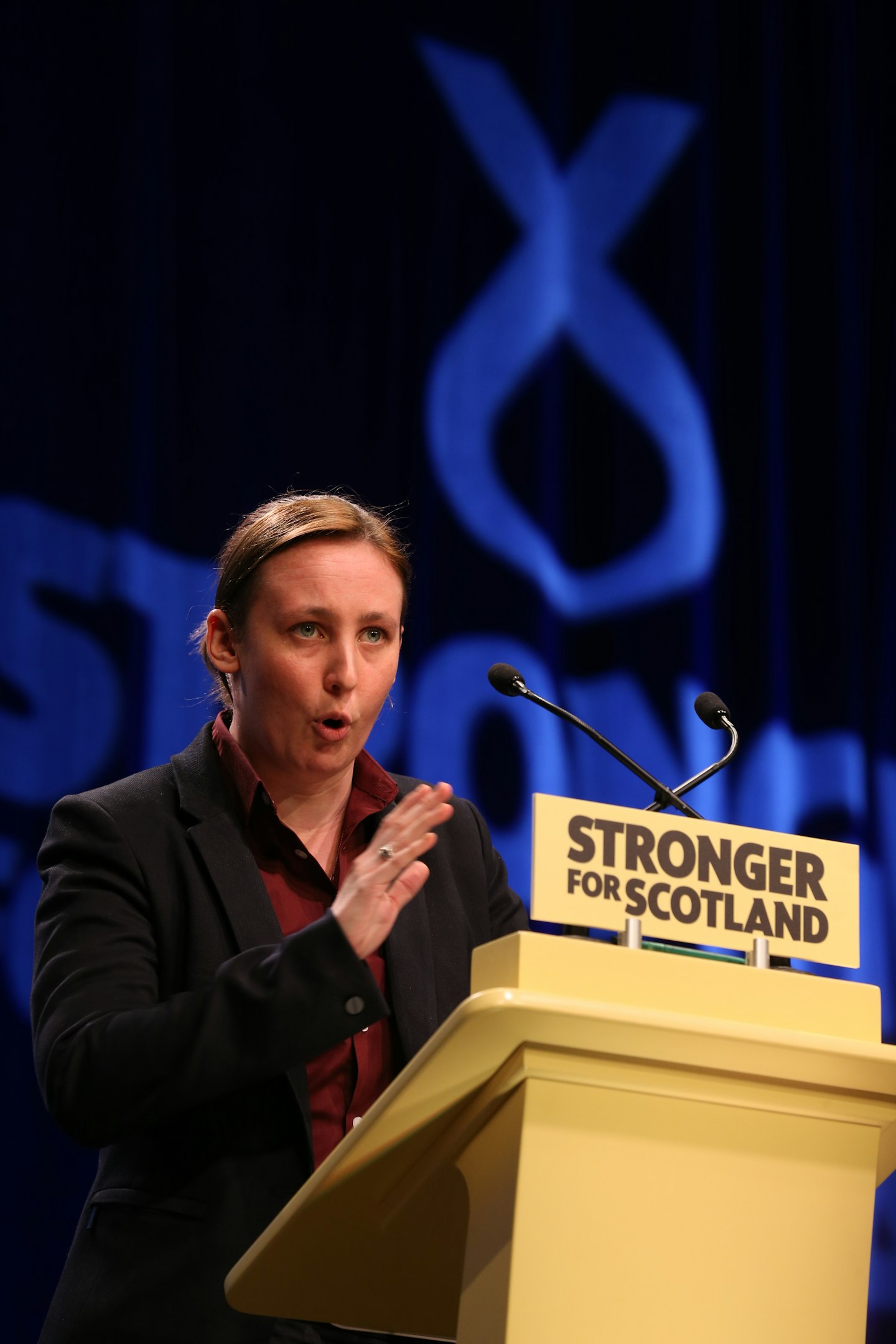 8 of 10
8 of 10Mhairi Black, Paisley and Renfrewshire South SNP MP
As part of the discussion about classing misogyny as a hate crime, Mhairi Black spoke out about the misogynistic and homophobic abuse she receives online every day. She also asked parliament to reflect on their own environment, stating, 'Only a few weeks ago I was physically pressed up against a Member (of Parliament) in the voting lobby who is accused of sexual misconduct because there's so little room.'Acknowledging she has the 'same right and influence as any other elected man', she spoke up for the female staff who aren't in her position.
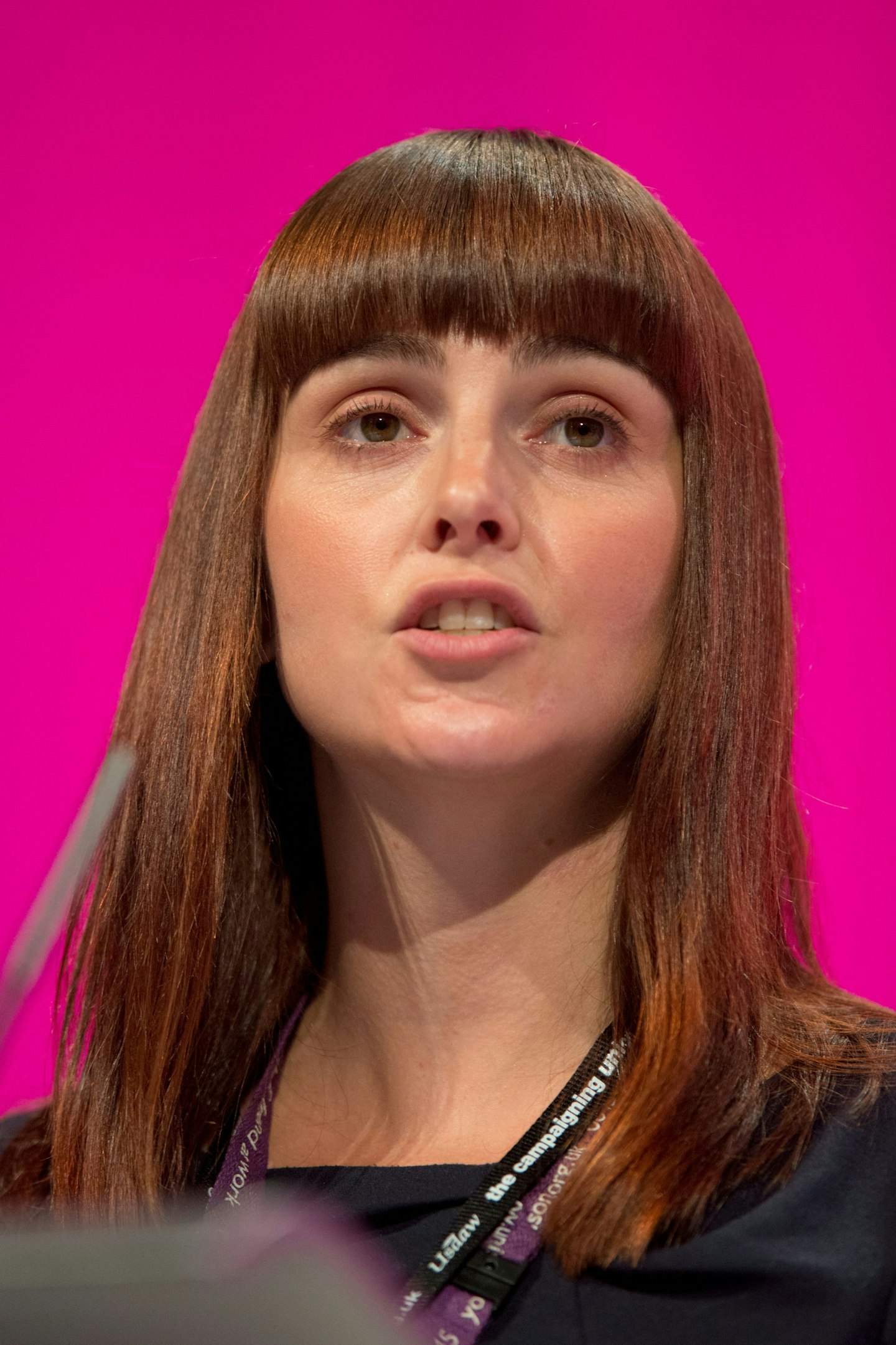 9 of 10
9 of 10Melanie Onn, 39, Great Grimsby Labour MP
Leading the charge to make misogyny a hate crime, Melanie highlighted the 'link between low-level harassment of women and more serious sexual assaults' that was found by Westminster's all-party group on domestic violence. In her constituency, the rate of domestic violence is particularly high. As a result, she has called for a law change to have misogynistic acts such as wolf-whistling, leering and sexual comments in public to be made a criminal offence.
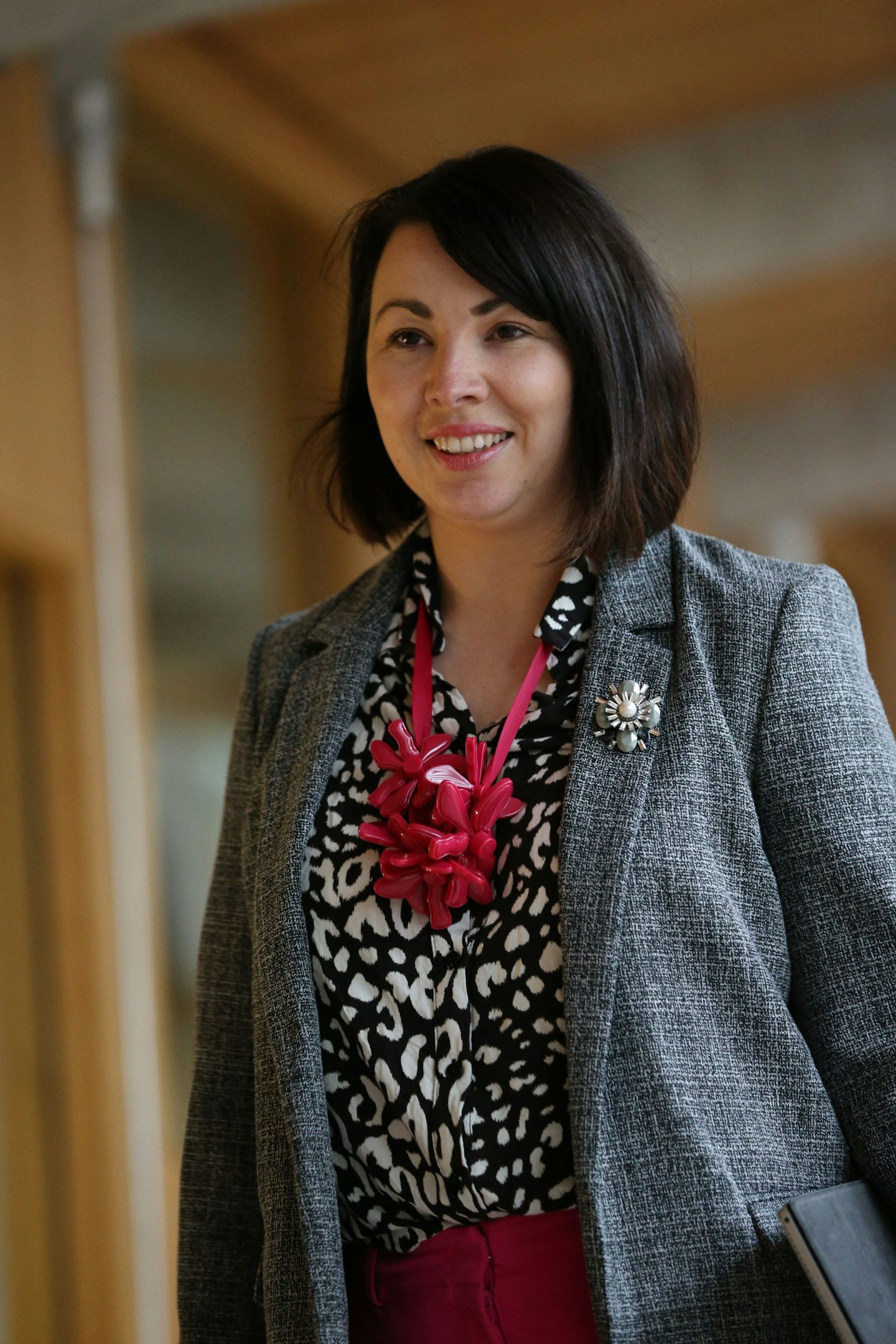 10 of 10
10 of 10Monica Lennon, 37, Central Scotland Scottish Labour MSP
Monica introduced a Member's Bill into Scottish parliament that would see the creation of free universal access to sanitary products. Proposing also that schools, colleges and universities provide free sanitary products in their toilets, she led the campaign that stands to end period poverty in Scotland.
